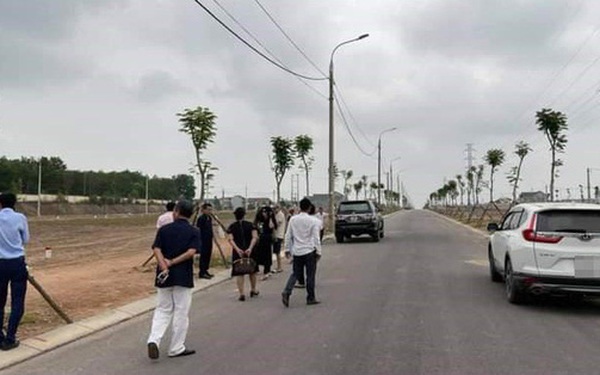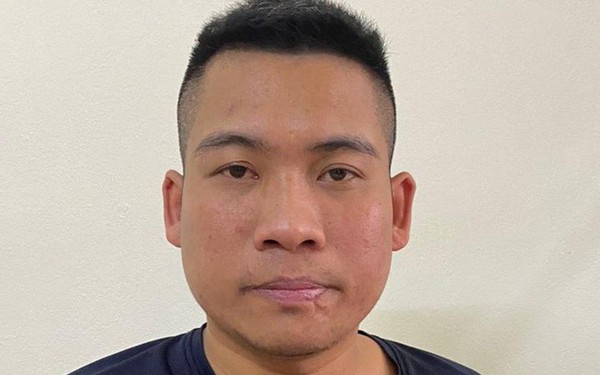Need to closely review, avoid ‘unconstitutional’
The Ministry of Construction has drafted two proposals. Option 1, the term of ownership of the apartment building is determined according to the useful life of the work in accordance with the law on construction (according to the age of the work). Option 2, the term of apartment ownership according to the provisions of the land law.
For example, if option 1 is chosen (the term of ownership of an apartment building is determined by the useful life of the building), the apartment building will be owned for a term depending on the grade of the building (for example, 50 years with the construction project). level II program).
Termination of grounded property ownership
The essence of the certification of property ownership for apartment buildings is now a “dual” certification: both certifying land use rights (according to the Land Law), and certifying house ownership (according to the Land Law). House).
According to Article 126 of the 2013 Land Law, for housing business projects, buyers of houses attached to land use rights are entitled to stable and long-term land use. If stipulating that apartments are owned by a definite term, the drafting agency may propose to synchronously amend the provisions of Article 126 of the Land Law, so that land use rights and house ownership rights terminate at the same time. avoid the case where the land use right is still there but the house ownership (property on the land) has been exhausted).
However, if it is amended in this direction, the agency in charge of drafting 2 bills should consider the grounds for terminating property ownership according to civil law and evaluate the impact carefully to ensure the interests of the owner. investment and people. Article 237 of the 2015 Civil Code provides:
“Article 237. Grounds for termination of ownership rights
Ownership ends in the following cases:
The owner transfers his ownership rights to another person.
The owner waives his title.
The property has been consumed or destroyed.
The property is disposed of to fulfill the owner’s obligations.
The property is forfeited.
Property confiscated.
Property that has been established as ownership for another person in accordance with this Code.
Other cases prescribed by law”.
According to the provisions of Article 237 of the 2015 Civil Code, ownership rights terminate in some cases, but in general, they can be divided into 3 groups. Group 1 is the case where the owner voluntarily, has an agreement to terminate the transfer of ownership by his own will (clauses 1, 2, 3, 4). Group 2 is the case where the owner does not voluntarily terminate the transfer of ownership, but the law provides for such termination (due to a violation of the law, the property is confiscated; the State buys it for national defense reasons). national security and interests; by establishing ownership rights for other subjects).
For group 3 (other cases prescribed by law), this is an “open door” to anticipate situations that arise where specialized laws need to provide for termination of property ownership. However, this “open door” cannot be considered a universal key and cannot be arbitrarily applied. On the contrary, if used, the drafting agency needs to evaluate the impact carefully to ensure the harmonization of the interests of social actors in relation to the interests of the State.
Protecting property rights according to the Constitution and laws
In the legal system of every state governed by the rule of law, property ownership belongs to human rights, the fundamental right of citizens. In Vietnam, property ownership is a constitutional right, recognized, respected, protected and guaranteed by the Constitution.
The 2013 Constitution stipulates: “Everyone has the right to own lawful income, savings, housing, means of subsistence, means of production, capital contribution in enterprises or in business organizations. private property rights and inheritance rights are protected by law”.
Although the Constitution provides for certain circumstances that may limit human rights, civil rights (including property ownership). However, Clause 2, Article 14 of the 2013 Constitution also strictly stipulates that the restriction of human rights and citizens’ rights must comply with the provisions of the law in case of necessity for reasons of national defense, security and order. , social safety, social ethics, community health.
Thus, the amendment of the Land Law and the Housing Law to limit property ownership (limiting the term of apartment ownership and land use term) is only constitutional and legal if it belongs to one of the following categories: reason according to Clause 2, Article 14 of the 2013 Constitution. The report of the drafting agency needs to clarify the reason why it is necessary to set a limit on the term of apartment ownership and the duration of land use. And the restriction must fall under one of the following reasons: national defense, national security, social order and safety, social ethics, and community health.
On the contrary, if the above issues cannot be clarified, the proposal of a condominium with a fixed term is not consistent with the principles of recognition, respect, protection and assurance of human rights and citizens’ rights in the spirit of Humanity and renewal of the 2013 Constitution.
at Blogtuan.info – Source: cafebiz.vn – Read the original article here



